Letter from the Editor: on why games writing is still important
Hello everyone! I hope you’re all having a pleasant holiday weekend if you’re living in a territory where you have a holiday today; if not, I hope you’re having a good Monday!
It seems that over the weekend we had the pleasure of a certain amount of “discourse” — that’s the word we use these days as a euphemism for “toxic, ill-mannered, uninformed and mean-spirited argument on Twitter” these days, right? — on the subject of whether or not games writing is still relevant in a world of YouTube and Twitch.
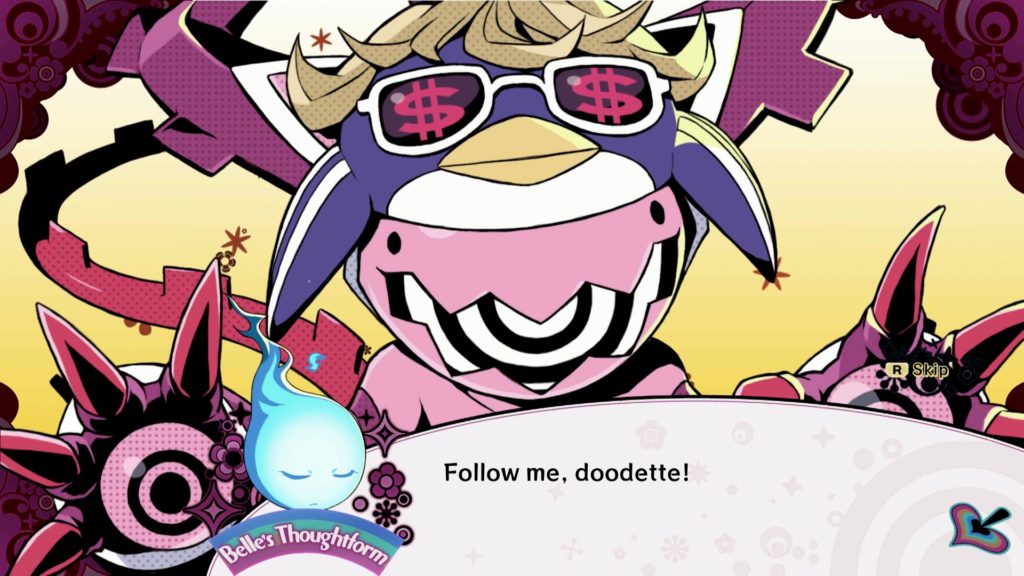
As editor of a site where we write about games (among other things), I of course have strong feelings about this, so while the rest of the Rice team enjoy the rest of their long weekend, I thought I’d put some of those thoughts down on paper.
I grew up with computer and video games magazines (and, indeed, Computer & Video Games magazine) and have always been inspired by them. In the last couple of years, I’ve actually started building something of a magazine collection, because something that’s struck me about magazines is how oddly timeless they are.
Not necessarily in terms of accuracy, mind — it’s always bittersweet to look back at an excited preview of a game that ultimately became vapourware, for example — but in terms of simple enjoyment. These magazines were, for the most part, crafted with care and attention in order to cater to enthusiasts rather than capture as broad an audience as possible — though naturally, none of these publications complained if they happened to have a particularly successful month on the newsstands.
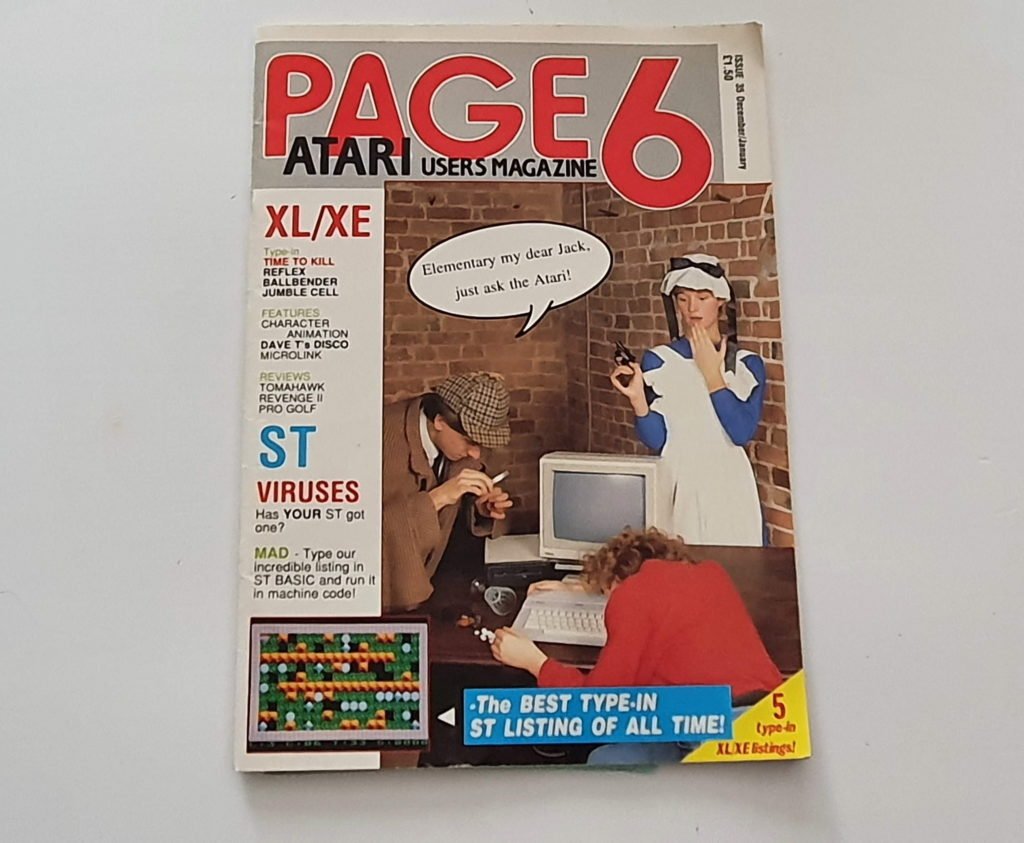
One of the first magazines I grew up with is one you probably won’t have heard of unless you’re as much of an Atari enthusiast as me: Page 6. (If you’re interested, there’s actually an archive of most issues of this magazine over on Atarimania.)
Page 6 (later known as New Atari User after a merger with its big rival) has always been an inspiring story to me; it began as a well-produced newsletter for a local Atari user group in Birmingham, UK, but over time it spread to nationwide distribution and could even be found in your local newsagents for a significant chunk of its life. It was a fine example of how important the enthusiast press was — because Page 6 was very much an enthusiasts’ publication, as you might expect from its origins.
I picked out a random issue to read on the toilet last night and was struck by how curiously relevant the Editorial column from its editor Les Ellingham turned out to be, even though it was written in early 1988. Indulge me a moment as I quote part of it:
Without your support, I may have decided that all the effort was not worthwhile but, fear not, PAGE 6 is here to stay and will continue to bring you the same sort of in-depth coverage that you may not find elsewhere even though this is not the type of thing that brings the mass audience.
Judging from the style of many of the successful computer magazines now around it seems that it is not what is said that is important but rather how colourful the pages are and how up to date or ahead the reviews are. It seems that the recipe for success nowadays is to review something that is not yet out, even if it means cribbing the advance packaging notes, and dressing the whole thing up with lots of colour.
You will know that the PAGE 6 style is far different; indeed we may review software that is six months old or more, but the crucial difference is that in all of our in-depth reviews, the reviewer has played the game for a long time and writes from your point of view rather than that of a journalist. If a game is good enough, it will be around for a long time, and we believe that a good review is valid even if everybody else has reviewed the software before.
Les Ellingham, Page 6 issue 35, December/January 1988
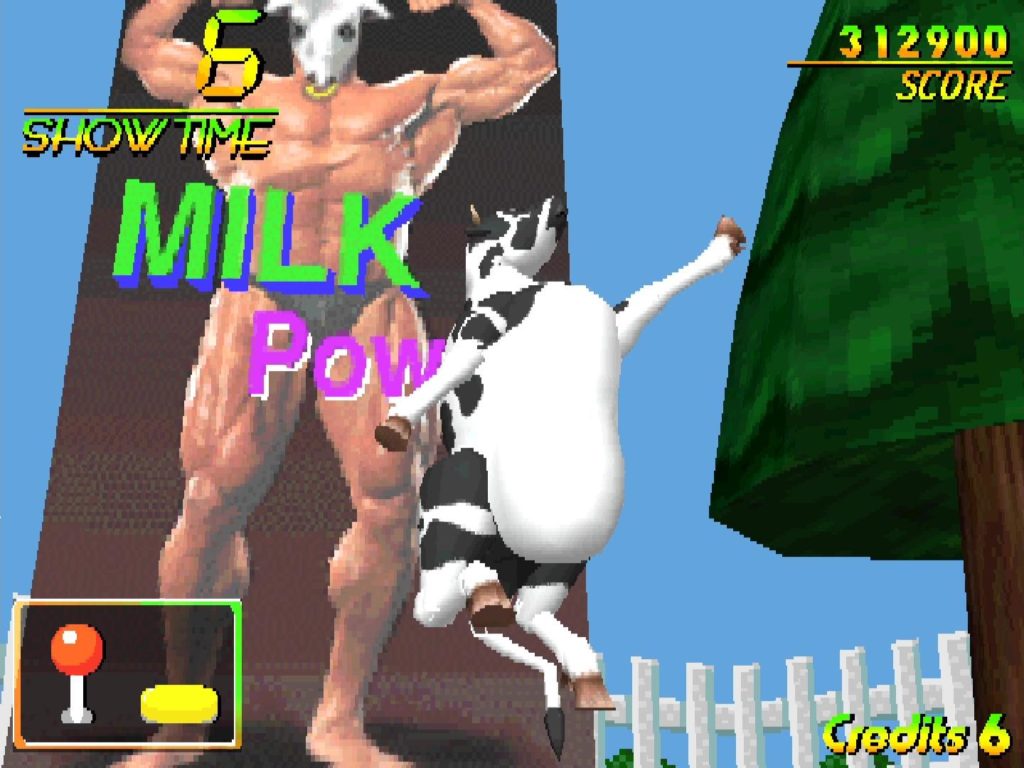
Some of that will doubtless sound a bit familiar to the modern “discourse” — indeed, the whole thing that started the arguments over the weekend was the satirical online publication Hard Drive republishing a joke article from 2018 about a writer from a certain big gaming website being “excited to start playing the game he just finished reviewing”.
As you might expect, this lit something of a fuse under both sides of this particular “debate”, if you can call it that. Those on the side of professional games writing took great umbrage at the accusation that journalists weren’t doing their job properly; those who have hated games journalists ever since they called people “entitled” for not liking Mass Effect 3’s ending, of course, rallied to hurl their own accusations around — naturally, including the usual argument that games writing is “dead” and that it has been “replaced” with Twitch and YouTube.
The thing is, both sides kind of have a point here, and the main trouble is that both of them are filled with such apoplectic rage at the sheer existence of the other that no-one actually listens to any valid cases that are being made along the way.
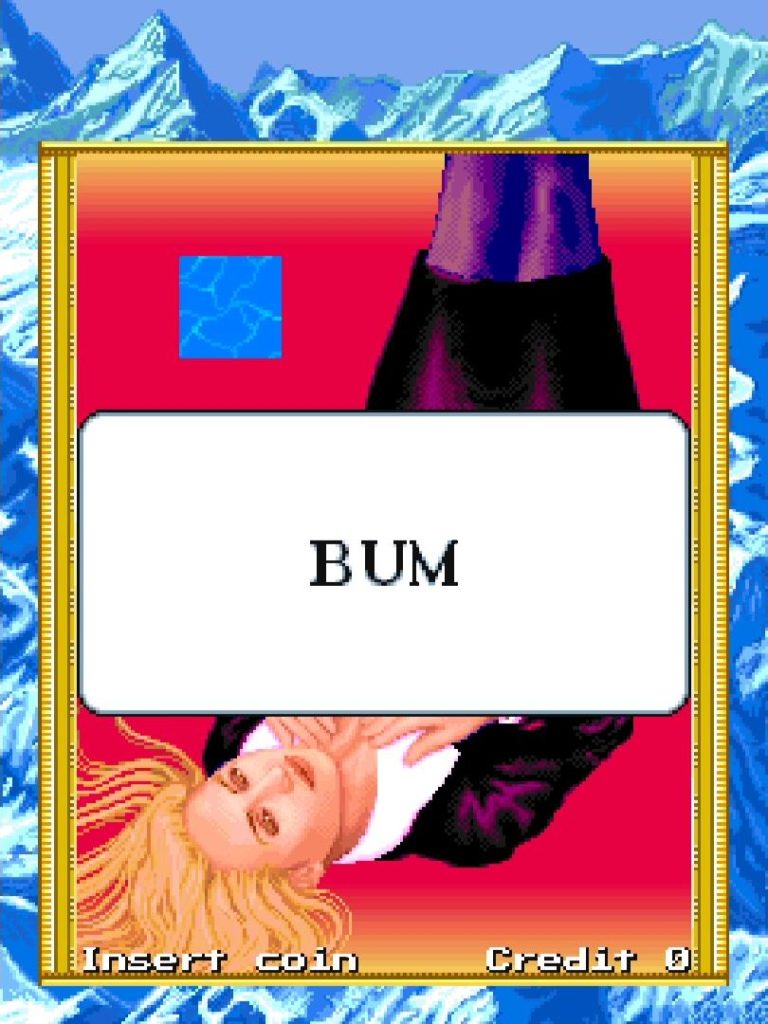
What all this really boils down to is the content churn: the expectation that every day there’ll be something new to read or watch, and that it will be somehow relevant. “I love your content,” people will say, not “I loved that article you wrote on Lady Killer“. Every day, new content. New churn. If it’s not new, the creator is “dead” or “abandoned”, and the audience moves on.
The reason why this is an issue should hopefully be obvious, particularly when coupled with the expectation that brand new games will have reviews live for launch day: for a lot of people stuck in the middle of this churn, there’s genuinely not enough time to be able to cover everything in a satisfactory manner. So they’re presented with choices: abandon covering something altogether, or do what they can with what they’ve been able to experience.
Neither choice is ideal for the games writing sector, since the former means missing out on building an audience who want to hear about a particular thing, while the latter risks alienating an existing audience when they feel something they’re interested in hasn’t been covered appropriately.
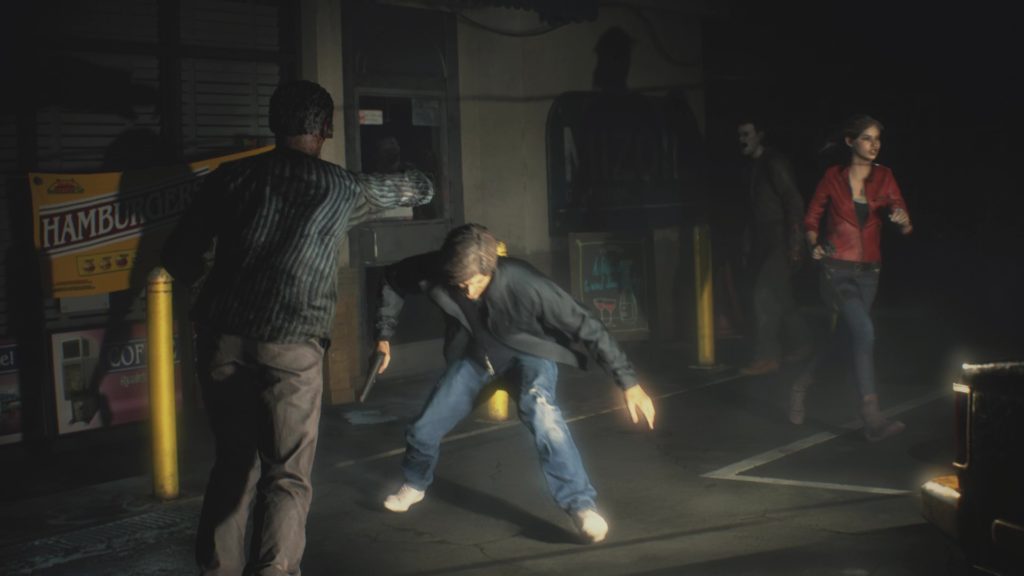
The ideal approach, of course, is what Les describes in his editorial: wait. Wait until you’ve had the time to explore something in full detail. Wait until the hype has died down and you can look at things on their own merits rather than getting swept along in popular opinion. Wait until you have something of substance to say rather than getting something half-arsed out just for the sake of it.
Unfortunately, the assumption is that the world doesn’t work that way these days: on YouTube, you’re beholden to “the algorithm” and thus you need to do things a certain way in order to get any chance of anyone seeing your work ever; and on Twitch, you’re stepping into one of the most competitive, needlessly overcomplicated and vastly oversaturated marketplaces on the whole Internet.
And so far as games writing for commercial websites is concerned, you’re expected to have your review out on the dot on release day so you can join the torrent of other reviews from sites that are all doing the same thing.
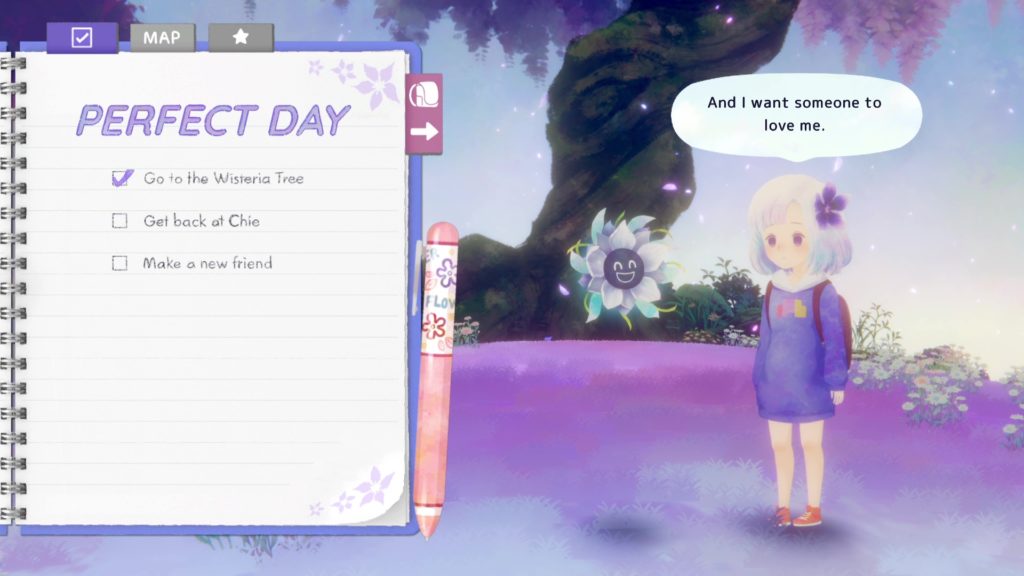
However, it doesn’t have to be that way. There are YouTubers out there who have found success doing their own thing rather than algorithm-baiting — but they are relatively few and far between. There are Twitch streamers who have build up an audience for niche-interest titles — though again, it’s tough to break into. And in the field of games writing… well, to be honest, we’re probably in the best position to be able to do something positive and productive, since unlike YouTube video makers and Twitch streamers, we are in complete control of our own platform.
It’s true! There’s a ton of stuff here on Rice that we’d never be able to cover on YouTube, even making use of its age-restriction features. And you can forget about putting any games that are vaguely provocative on Twitch, despite the notoriety of its bikini-clad “hot-tub streams”. Rice is what it is today precisely because we’re able to cover what we want, how we want, in as much depth as we want.
And while I won’t lie, it definitely helps to post things that are in line with the pulse of public opinion, in the long term the thing that makes any publication stand out is how willing it is to do its own thing rather than follow the herd.
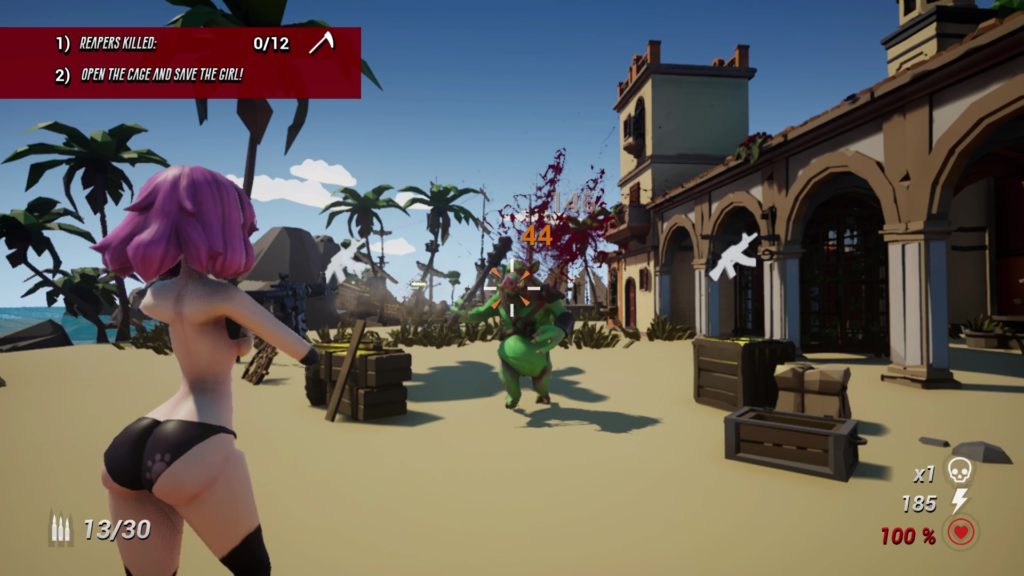
There’s also the fact that delivering information and opinions through the medium of the written word is inherently different to both YouTube videos and Twitch streams, meaning that the three are not directly comparable, nor are any of them a replacement for one another.
Different people have different priorities in this regard, but if I’m after a specific piece of information I’d much rather just be able to click onto an article and find it almost straight away rather than having to find the relevant part of a 15-minute video (5 minutes of which is the presenter telling me about Raycons, Raid: Shadow Legends or Skillshare, an online learning community whBALSDALDHSALKDSHALDSH) or, worse, as part of a 6-hour stream, roughly 50% of which is the streamer thanking people for the astonishing amounts of money being thrown at them. And I’m sure I’m not alone in that.
Meanwhile, I watch YouTube videos when I just want to chill out and be entertained rather than necessarily learn something — fitting, since many of the most popular YouTubers tend to play up the “comedy” angle rather than being informative, though there are, of course, exceptions. And streams? I’ll level with you; I rarely watch ’em live, because chat is completely unusable in popular streams, making live “participation” mostly pointless, and if I have a few hours to spare I’d generally rather spend it playing games, then have the VOD on in the background while I’m doing something else.
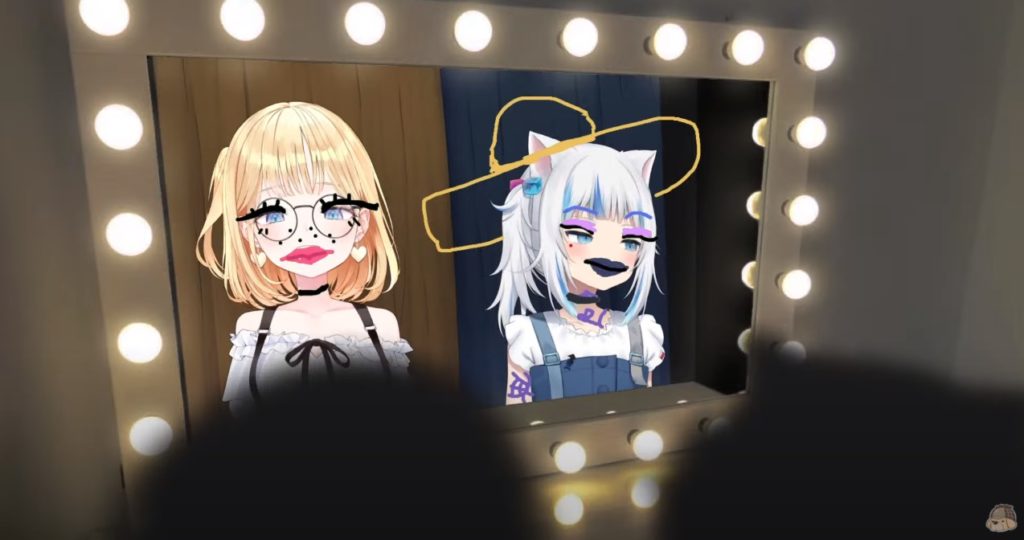
Games writing most definitely still has a place. It’s still the best way to analyse something in depth, perhaps well after the initial hype has died down. It’s the best way to create something that endures and remains relevant over time. And it’s the least likely place to find transparent chasing of trends, be it Wojak faces on thumbnails, “flavour of the month” games that everyone is playing now but will forget about in a matter of weeks, TikTok reactions or, as Les described in his editorial, coverage of things that aren’t out yet.
Does the games writing sector still have work to do? Sure, absolutely. There are still plenty of outlets who thrive on outrage and/or the social issue du jour rather than meaningful coverage. The race for embargoes is not sustainable with either the pace of today’s releases or the sheer length of many of today’s games. And so many experiences deserve a lot more than a 500-word review shot out to hit a deadline without any real care for the long-term consequences of that review.
It’s these things that the Hard Drive article was taking a pot shot at — it’s important to remember, however, that smaller, more specialist, enthusiast games writing sites (like us!) have the freedom to do things a bit differently.
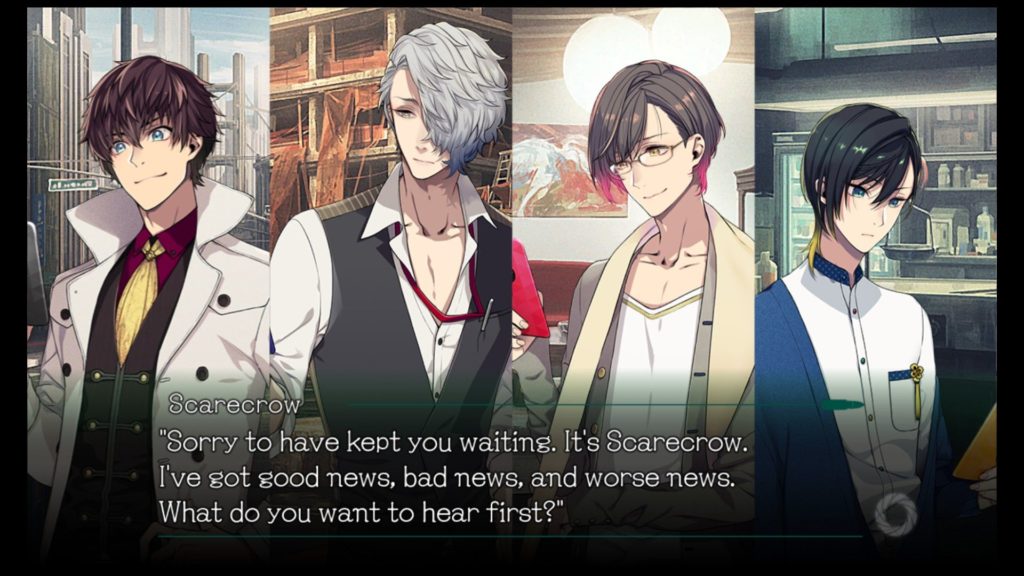
I’ve been subconsciously living by Les’ words above for many years of my life at this point, so it was both surprising and pleasing to see them right there on paper when I happened to stumble across them this week. As he rightly says, if a game is good enough, it will be around for a long time — and if a piece of games writing provides enough information and insight, it will likewise remain relevant long after the week of release.
That’s why while we do strive to be part of the initial excitement over a new game where relevant, you’ll also find us returning to things that came out a while back for a more in-depth look. And that’s why I hope when you think about writing off all games writing completely for one reason or another, you’ll think of folks like us here at Rice who are doing things a bit differently.
We’re not here to tell you what you should and shouldn’t be liking, or how you should be feeling about a particular issue. We’re enthusiasts, just like you — and I hope that comes across in the things we write for you.
Thanks for reading!
Join The Discussion
Rice Digital Discord
Rice Digital Twitter
Rice Digital Facebook
Or write us a letter for the Rice Digital Friday Letters Page by clicking here!
Disclosure: Some links in this article may be affiliate links, which means we may earn a small commission if you make a purchase after clicking on them. This is at no additional cost to you and helps support Rice Digital!
- Letter from the Editor: passing the torch - June 30, 2023
- Super Woden GP 2 is looking promising - June 30, 2023
- Inti Creates is making a 32 bit-style Love Live action platformer - June 26, 2023






